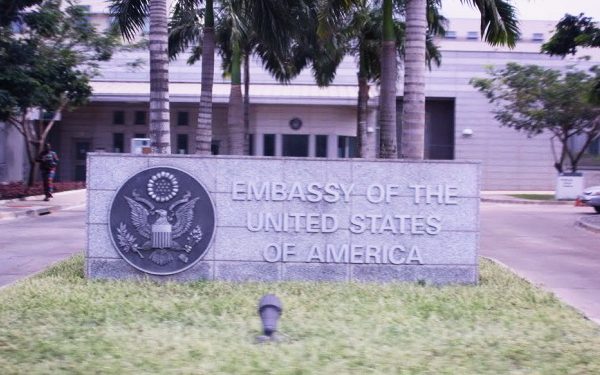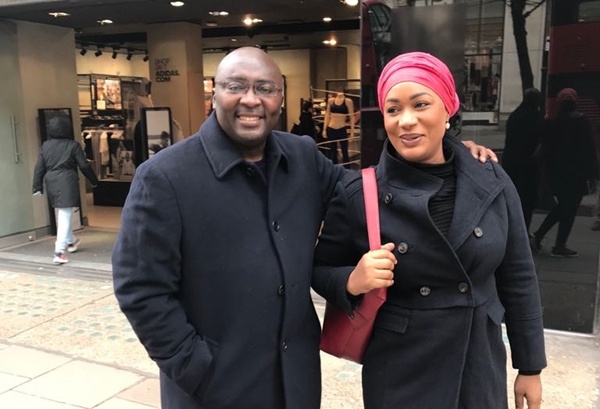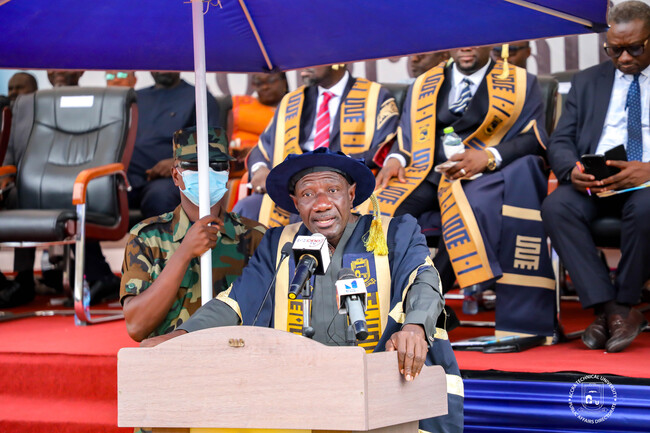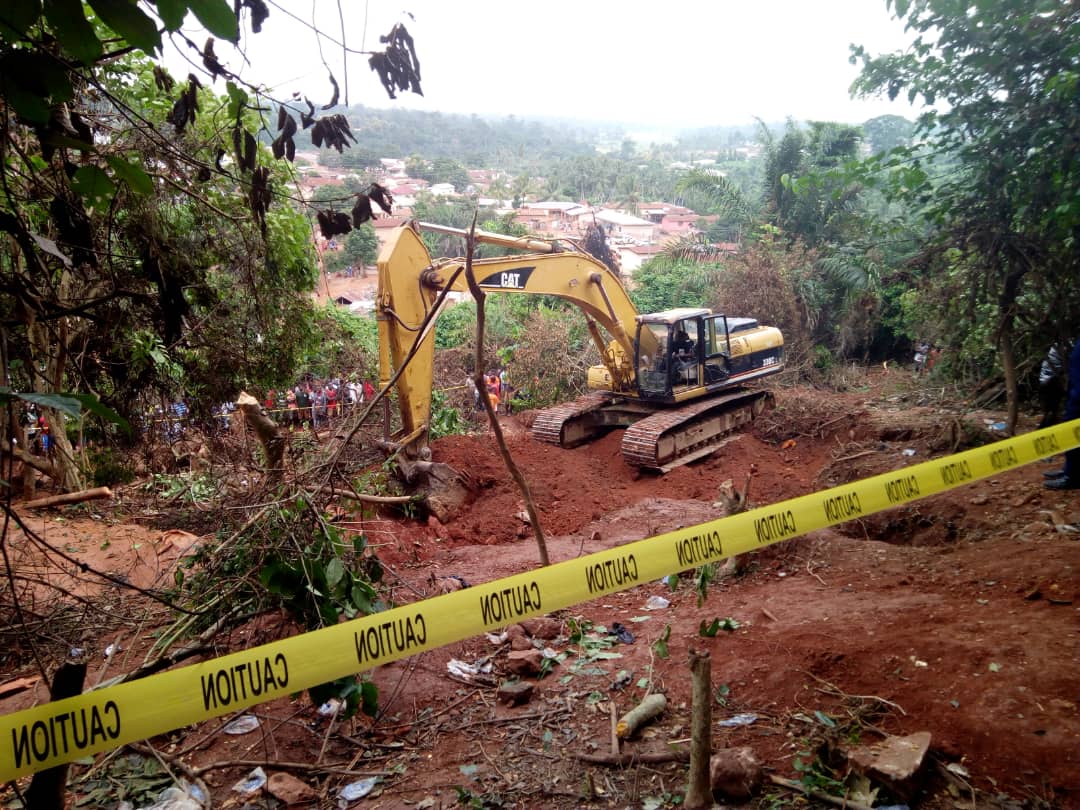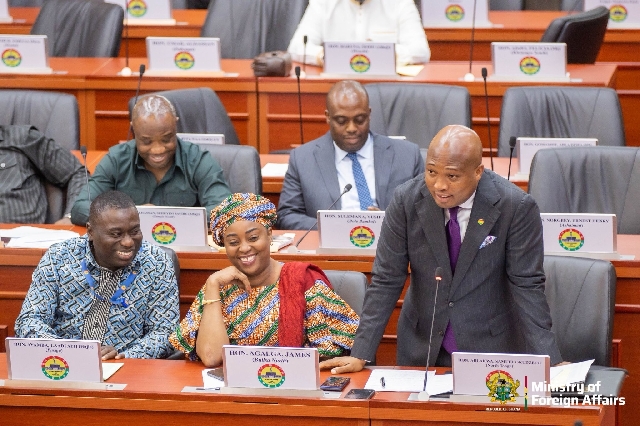The Media Coalition Against Open Defecation (M-CODe) has appealed to journalists and media organizations to commit to improving and increasing coverage of Water, Sanitation, and Hygiene (WASH) issues in the mainstream media, with particular focus on issues of open defecation.
M-CODe calls come ahead of the Third Ghana WASH Week, which is being championed by the Ghana Coalition of NGOs in the Water and Sanitation Sector (CONIWAS).
The event, scheduled to take place from July 8th to 12th, aims to raise public awareness, advocate for prioritization and investment, empower communities, and foster collaboration to address the lingering WASH challenges in Ghana, particularly the pressing issue of open defecation.
The third Ghana WASH Week is a crucial step towards achieving this goal. The event will focus on the theme “WASH Prioritisation and its Impacts on Social and Economic Development,” highlighting the need for prioritization and investment in WASH infrastructure, particularly sanitation and hygiene facilities, to end open defecation.
Mr. Francis Ameyibor, M-CODE National Convenor, stressed that journalists and media organizations must use the platform created by CONIWAS to discuss a wide range of WASH issues affecting “our respective geographical zones.”
Mr. Ameyibor urged journalists to be equipped with a newfound knowledge of WASH issues as well as the health implications of open defecation and their magnitude and to commit to contributing to improving media coverage.
The M-CODe Convenor appealed to media practitioners to contact CONIWAS members and Regional and District Environmental Health Officers nationwide for interviews while doing stories in their respective regions and districts.
He said M-CODe will regularly follow up with their members to see how they report on WASH and Open Defecation issues so that the high levels of interest do not fade beyond the week.
He also urged WASH partners to continuously engage with journalists, sharing story ideas or tips or inviting them to join for field visits.
“Let us consider the third Ghana WASH Week a call to action for all stakeholders to join forces to end open defecation and ensure that all Ghanaians have access to safe water, sanitation, and hygiene.
“Together, we can make a difference and achieve a cleaner, healthier, and more prosperous Ghana by 2030,” the M-CODe National Convenor stated.
He stressed that it’s important to raise awareness about the urgent need to end open defecation and improve access to safe water, sanitation, and hygiene (WASH) facilities.
“Remember, every small action counts and collective efforts can lead to significant positive change. Let’s continue to raise awareness and support initiatives that promote access to safe WASH facilities and hygiene practices, especially in communities that need it most,” Mr. Ameyibor stated.
Mr. Ameyibor reiterated the need for M-CODE Regional Branches to collaborate with other NGOs in the WASH sector to visit areas notorious for open defecation and shine a spotlight on these communities.
He encouraged them to utilize the WASH week as an opportunity to expose areas where open defecation remains a significant issue in their respective regions, while also acknowledging and commending communities that have successfully achieved Open Defecation Free (ODF) status.
According to CONIWAS, Ghana still struggles with high rates of open defecation, with over two million people practicing it, leading to severe health issues, environmental pollution, and economic losses.
Key activities lined up for the week include workshops and seminars, school competitions, community outreaches, media campaigns, and public forums.
According to CONIWAS, these events will bring together stakeholders from government, civil society, the private sector, and communities to share knowledge, experiences, and best practices for addressing WASH challenges, especially open defecation.
CONIWAS stressed that access to WASH is a fundamental human right essential for health, dignity, and well-being. Despite progress, millions of Ghanaians still lack these basic necessities, leading to severe health issues, hindering economic development, and perpetuating poverty and inequality.

